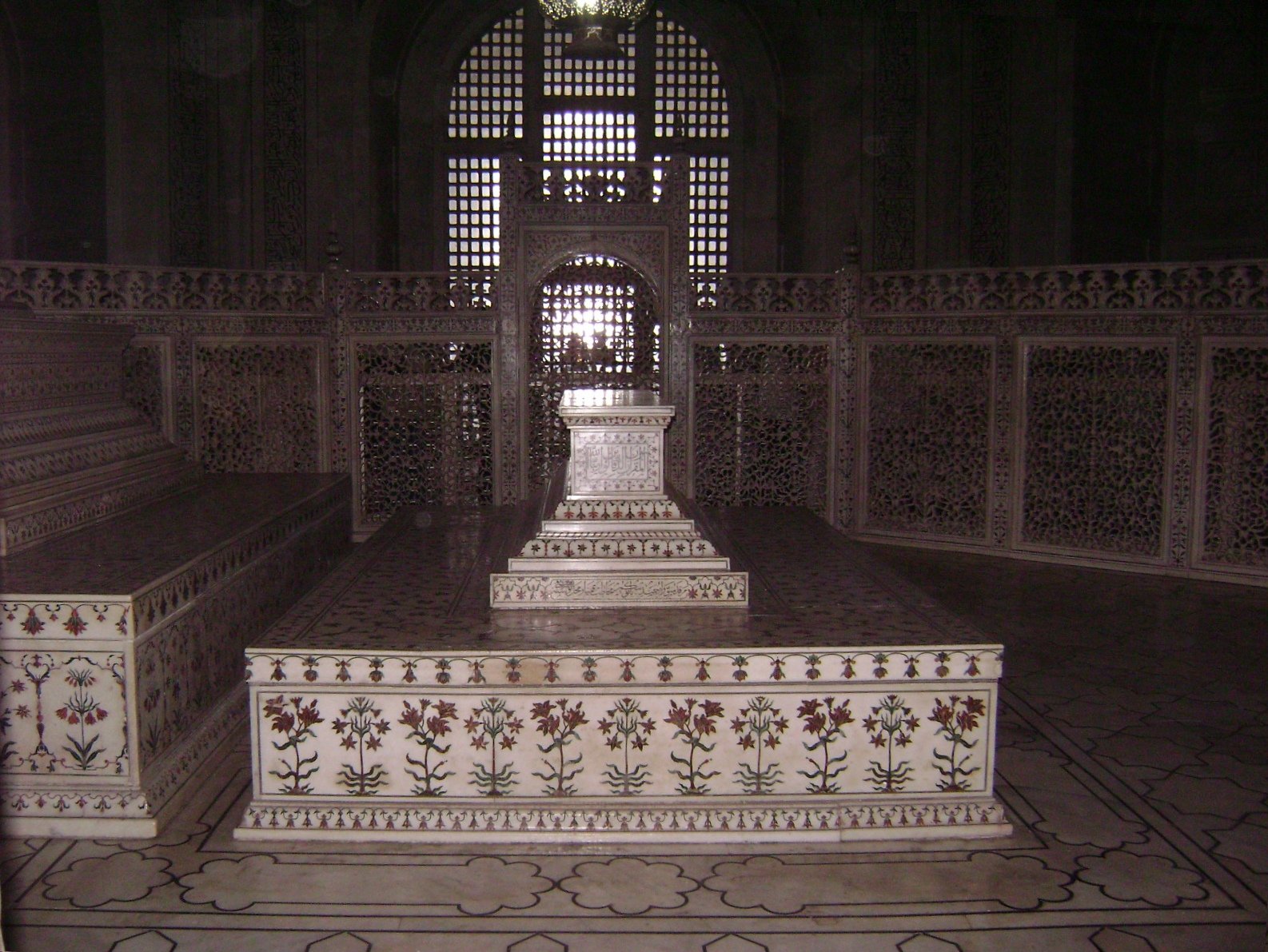What is the real history of the Taj Mahal?
One look at the Taj and you realize you are encountering something dreamlike, other-common. Indeed, even after more than a long time since it was constructed, this amazing verse in white marble is as yet one of the most captivating bits of design at any point in the world.
you also like to read:- Best Time to Visit Taj Mahal
At the point time when Rudyard Kipling described the Taj Mahal as ‘the embodiment of all things pure’, he repeated the sentiment, the excellence, and the wonder of this show-stopper that sparkled splendidly on full moon night, and hurled a reminiscent appearance in the still waters of Yamuna when the sun was high
What is the History of the Taj Mahal
The Taj Mahal was worked by Mughal Emperor, Shah Jahan, in memory of his beloved Mumtaz Mahal who died in 1631 while bringing forth their fourteenth kid. Mumtaz, Shah Jahan’s third spouse, was known for her exceptional beauty, and shah Jahan was known to be a real lover with regard to her.
Despondent by her abrupt demise, the sovereign, it is accepted, becomes silver-haired in only one evening. Work on the Taj started in 1632, yet it wasn’t until 1653 that the entire landmark met up in its present structure.
Yet, as destiny would have it, before long the Taj was assembled Shah Jahan was ousted by his child Aurangazeb who held him, detainee, in the Agra Fort, where he spent the remainder of his year’s longing for the Taj. Shah Jahan after his demise in 1666 was covered alongside his adored Mumtaz in the Taj Mahal.
A UNESCO World Heritage Site since 1983 for being the “jewel of Muslim art in India and one of the universally admired masterpieces of the world’s heritage”, an army of 20,000 artisans from across India, Central Asia, and Europe were employed to work on the Taj.
How to reach Delhi
Day Tour Taj Mahal from Delhi



